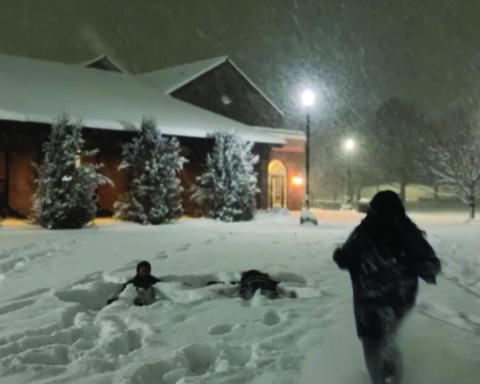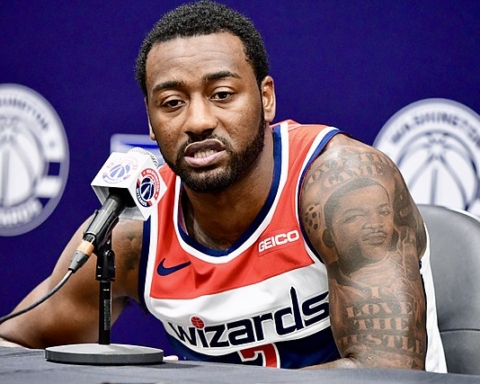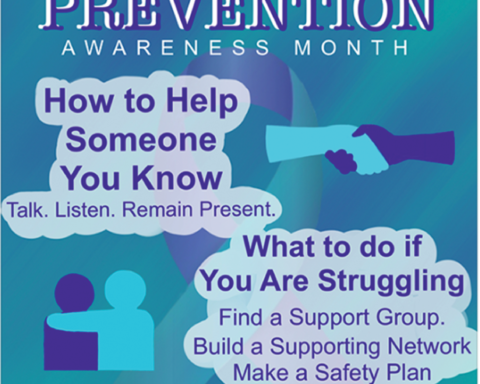Yes, I know, another opinion article on mental health. There seems to be one almost every semester here at The Bona Venture. But as 2019 nears to a conclusion, mental illness continues to be stigmatized. Many people still do not even consider mental illness as an actual illness. But mental illness has been at an all-time high, and suicide is the second leading cause of death for people aged 16 to 40.
Mental health affects more people than just those suffering. It affects the family, friends and the community that surrounds those sick. Over 19% of adults have experienced mental illness in the past year, and over a quarter of those people suffer from a serious mental illness. Almost everyone is affected by it.
Yet, despite the spike of diagnosed mental illness — compared to the 14% of adults diagnosed in 2010 — funding has only continued to decrease in recent years — almost $2 billion has been cut from mental health funding in the past three years alone, even though it is still considered an ailment. Depicted in the recent movie, “Joker,” counseling services are being closed quicker than Blockbusters.
Mental illness is just as severe and prominent as a physical sickness. You cannot choose whether or not you come down with COPD in your lungs or heart disease. Similarly, you simply cannot choose to have a mental illness.
But how come nobody talks about mental illness?
Maybe people feel uncomfortable talking about sickness. It is an awkward conversation. People usually feel uncomfortable talking about any long-term sickness. Nobody wants to talk about cancer or various disabilities. But people with those ailments talk about it and how it affects themselves and people around them.
Maybe people are afraid to be called an attention-seeker — a common trope used to describe people who are brave enough to discuss their mental health. But we need to understand how courageous it is to even talk about how one is feeling, let alone when that feeling is doing nothing but bringing you down.
Maybe people might feel uncomfortable talking about it. Scared of being called soft or weak; afraid to show vulnerability. But as Brene Brown, a researcher and storyteller from the University of Houston said, “Vulnerability is not weakness, but our greatest measure of courage.”
Now, since talking about mental illness continues to be stigmatized, I’ll start.
About 17 months ago in July of 2018, I spent six days at a Yale psychiatric hospital in New Haven, Connecticut after a failed suicide attempt. I have suffered from major depressive disorder and anxiety for the past five years and continue to struggle. Since my hospitalization, I have had three more major anxiety and panic attacks, most recently on Oct. 11th while competing at a cross country meet.
I have a mental illness, and it is truly painful to discuss it. But it is a conversation that people need to be having with the severity of it in our culture.
So, how are you?
By Matthew Villanueva, Opinion Editor
villanjv18@bonaventure.edu









